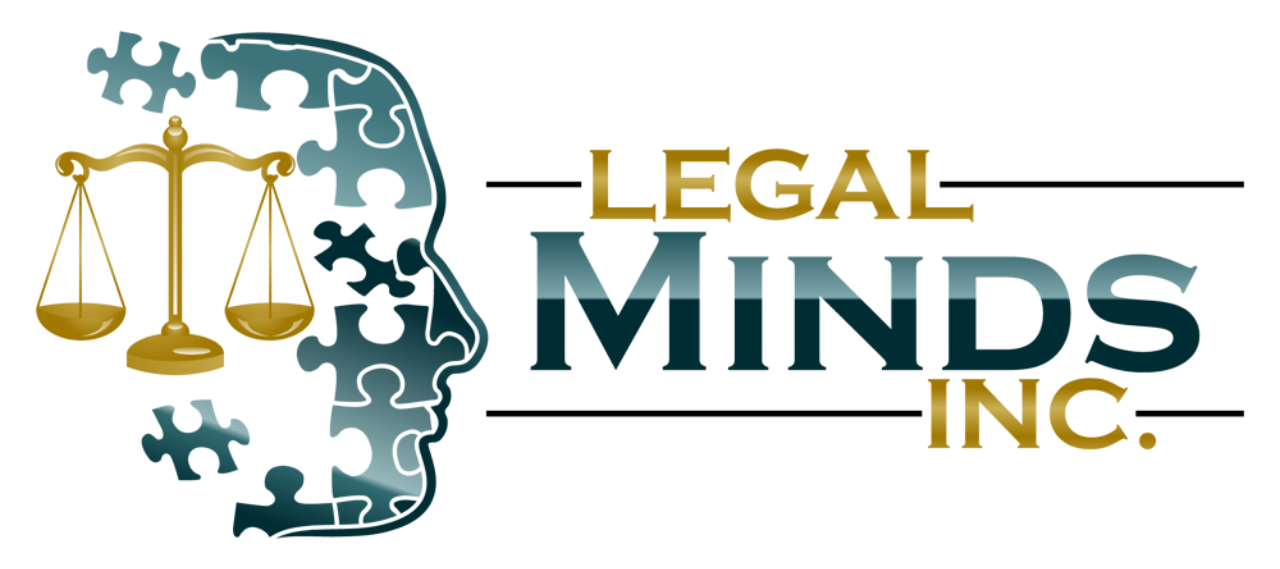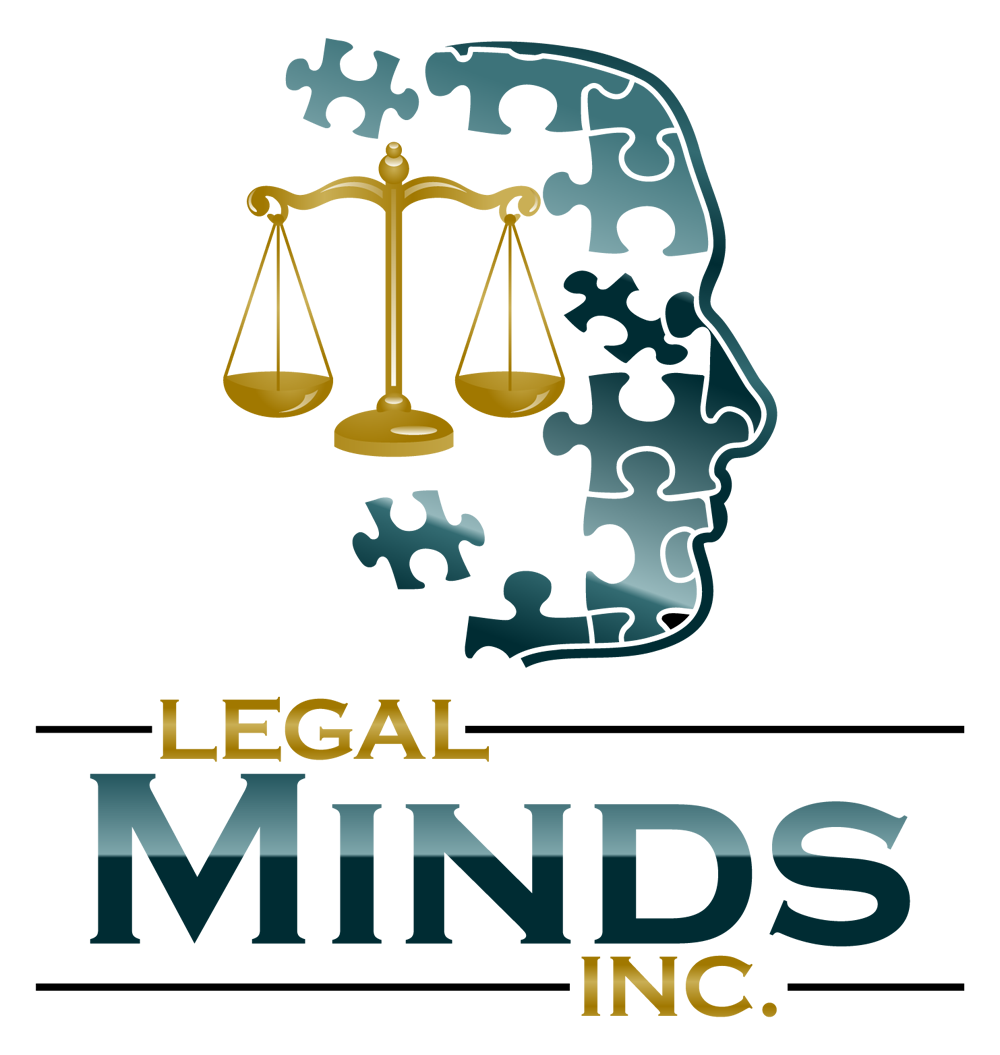Personalities: How does personality play a role in forensic cases?
Personalities: Features, Traits, and Disorders
Personalities make us who we are and form the way we interpret and interact with society. Features of our personality are the building blocks of relationships, personal and professional. Some personality features are adaptive and help us function better in situations, while others can be distracting and detrimental to our interpersonal navigation. A single personality feature can be also adaptive and maladaptive, depending on the situation at hand. Freely speaking your opinions might be helpful in business situations for negotiation, but the same characteristic trait can become challenging when you are making a complaint to a supervisor and fail to employ a tactful filter. It is also a measure of your fit with someone else. One person might need a soft approach, while another might appreciate someone who “cuts to the chase.” Personalities make the world colorful.
There are individuals who have patterns of personality that extend beyond the adaptive qualities and into a maladaptive pattern of thinking, behavior, and interpersonal relatedness. Such patterns are on a spectrum with adaptive on one side and maladaptive on the other to the point of a personality disorder. The characteristic of a personality disorder is pervasive across a variety of social situations and leads to clinically significant distress or impairment in important areas of functioning, such as social or occupational. A personality disorder often impacts the perception of self and others, as well as emotional processing and responses to those perceptions. These patterns of behavior are longstanding, first seen in adolescence or early adulthood. It is also important to consider cultural factors, since personality disorders are seen as a pattern markedly different from that individual’s culture.
This is one area of interest in psychological evaluations for forensic cases because it provides a backdrop for that individual against which forms his or her worldviews. Some personality features are adaptive and give strengths to that person with resilience and greater coping ability. Others lead to more maladaptive responses to conflicts and becomes an obstacle to the resolution. Without considering personality features, we fail to see the entirety of the person we are evaluating.
A source for gaining a better understanding of personality disorders can be found on the APA website. http://www.apa.org/pubs/books/4317369.aspx
Write your awesome label here.
Our Courses
Be the first to know about new courses and discounts: Subscribe to our Newsletter
Thank you!


